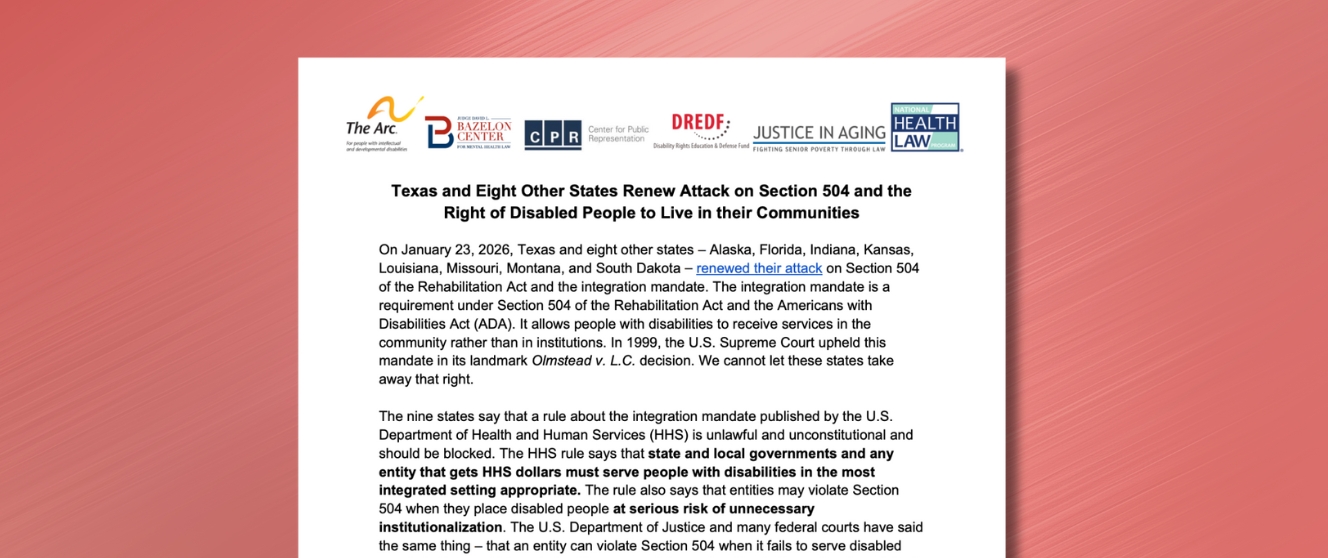
Find Your Members of Congress
Contact the national or local office of the Member of Congress you would like to meet with. The phone number and mailing address can be found on the House and Senate website or you can call the U.S. Capitol Switchboard at (202) 224-3121 and ask for the office of your Senators and/or Representative.
- Schedule a meeting with your representatives
- Write a letter or email your representatives
- Call your representatives to voice your concerns
- Ask organizations or groups you’re a part of to send or sign onto a letter of support for marriage equality bills
Version 1: Sample Language to Write to Your Representative
[Your Name]
[Your Address]
[City, State, ZIP Code]
[Email Address]
[Phone Number]
[Date]
[Representative/Senator’s Name]
[Office Address]
[City, State, ZIP Code]
Subject: Please Support [Bill Number(s)] – [Bill Name(s)]
Dear Representative/Senator [Last Name],
Good morning. I live in your [state (if Senator)/congressional district (if Representative)] and am writing to ask for your support on [Bill Number(s)] – [Bill Name(s)]. I believe it’s important to make sure that everyone, including people with disabilities, has the right to marry the person they love.
This issue is personal to me because I want to marry the love of my life but also need my disability benefits.
I hope we can count on you for your support!
Sincerely,
[Your Name]
Version 2: Sample Language to Write to Your Representative
[Your Name]
[Your Address]
[City, State, ZIP Code]
[Date]
Please Support [Bill Number(s)] – [Bill Name(s)]
Dear Representative/Senator [Last Name],
Good morning. I live in your [state (if Senator)/congressional district (if Representative)] and am writing to ask for your support on [Bill Number(s)] – [Bill Name(s)]. Everyone, whether or not they are disabled, has the right to marry the person they love.
I care about this issue because I want to see my child fall in love, get married, and build a loving family of their own. Their need for disability benefits should not stand in the way.
Please support families like ours by supporting [Bill Number(s)] – [Bill Name(s)].
Thank you,
[Your Name]
What can your state do?
States can provide access to Medicaid, including HCBS, through waivers that are directed at specific populations. They can set the financial eligibility rules for these waivers to allow disabled people to access some healthcare and community supports even if they lose their benefits because of federal marriage penalties. For example, Idaho’s Medicaid for Workers with Disabilities program is available for couples with incomes less than $102,000 a year and less than $15,000 in assets.
Advocates have successfully championed changes in state laws and policies in recent years that would provide more married people with disabilities some access to healthcare and community supports. Pennsylvania changed state law to allow more disabled people to keep Medicaid after marriage. California has eliminated its state asset limit and raised the income eligibility limits broadly for disabled people and older adults. New Jersey has changed the eligibility criteria for the state’s Medicaid program for working people with disabilities–removing asset limits and spousal deeming requirements.
You can reach out to your state elected officials to ask that they use waivers to provide access to Medicaid for disabled people impacted by federal marriage penalties. You can also see if there are any bills currently introduced in your state that would provide access to Medicaid through changing the state’s financial eligibility for HCBS waivers and for all disabled people who need Medicaid. As with members of Congress, you can contact your state elected officials to support state bills, or volunteer to help with advocacy efforts underway in your state.


